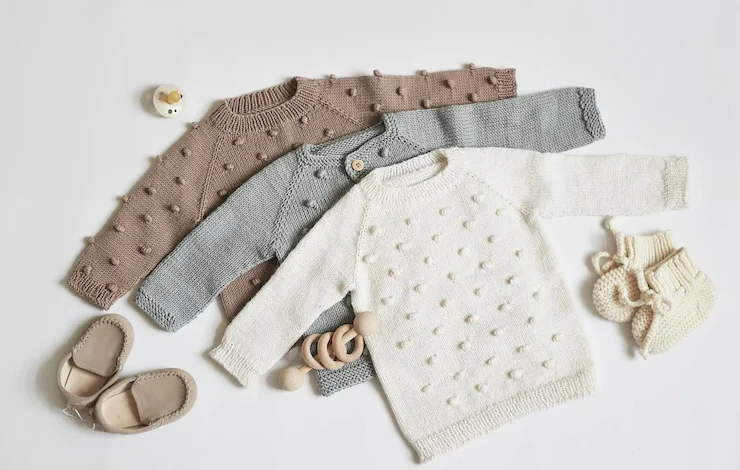How to start a Organic baby clothing and accessories store in South Africa

In recent years, there has been a significant rise in consumer awareness regarding sustainable and organic products, including baby clothing and accessories. If you’re passionate about promoting eco-friendly choices for parents and caregivers in South Africa, starting an organic baby clothing and accessories store can be a rewarding venture. This article will provide you with a comprehensive guide to help you navigate the process successfully.
Step 1: Research and Planning Before embarking on any business venture, it’s crucial to conduct thorough research and create a solid business plan. Start by exploring the market demand for organic baby clothing and accessories in South Africa. Identify your target audience, understand their preferences, and study your competition. Consider factors such as pricing, product range, and marketing strategies employed by existing stores.
Step 2: Business Registration and Legal Requirements Next, it’s essential to formalize your business by registering it with the appropriate authorities. Research the legal requirements for starting a retail store in South Africa, including obtaining necessary licenses and permits. Register your business with the Companies and Intellectual Property Commission (CIPC) and ensure compliance with local regulations and tax obligations.
Step 3: Sourcing Organic Products Building relationships with reliable suppliers is critical for maintaining a successful organic baby clothing and accessories store. Seek out suppliers who provide certified organic products and prioritize sustainable and ethical manufacturing practices. Consider attending trade shows and connecting with industry professionals to find suppliers who align with your store’s values.
Step 4: Store Setup and Design Create an inviting and eco-friendly shopping environment for your customers. Choose a suitable location for your store that is easily accessible and has high foot traffic, such as shopping malls or busy commercial areas. Design your store layout to optimize product visibility and provide a comfortable browsing experience for customers. Use eco-friendly materials and consider incorporating sustainable elements like energy-efficient lighting and recycled fixtures.
Step 5: Online Presence and E-commerce In today’s digital age, having an online presence is crucial for any retail business. Create a user-friendly website that showcases your products, shares information about organic materials, and provides an easy purchasing experience. Invest in professional product photography to enhance the visual appeal of your online store. Additionally, consider selling your products through popular online marketplaces to reach a broader customer base.
Step 6: Marketing and Promotion Develop a comprehensive marketing strategy to raise awareness about your organic baby clothing and accessories store. Utilize various channels such as social media platforms, online advertising, influencer collaborations, and email marketing campaigns. Participate in local parenting events, baby expos, and community fairs to engage directly with your target audience. Build relationships with parenting blogs, magazines, and online communities to promote your store’s products and values.
Step 7: Exceptional Customer Service Providing excellent customer service is vital for building customer loyalty and attracting positive word-of-mouth. Train your staff to have in-depth knowledge about organic products and their benefits. Offer personalized assistance, product recommendations, and prompt responses to customer inquiries. Consider implementing loyalty programs, gift registries, and a hassle-free return policy to enhance the overall customer experience.
Step 8: Continual Growth and Adaptation Stay updated with industry trends and consumer demands. Regularly evaluate your product range, ensuring it aligns with the latest organic and sustainable fashion trends. Seek feedback from your customers and make necessary improvements to your store’s offerings and services. Consider expanding your product range to include complementary items such as organic skincare products, toys, or nursery décor to diversify your revenue streams.
Starting an organic baby clothing and accessories store in South Africa can be an exciting and fulfilling business endeavor. By conducting thorough research, sourcing high-quality organic products, creating an inviting store environment, and implementing effective marketing strategies, you can build a successful and sustainable business that caters to the growing demand for eco-friendly choices among parents and caregivers. With a commitment to quality, customer satisfaction, and environmental responsibility, your store can make a positive impact on the well-being of babies and the planet.




